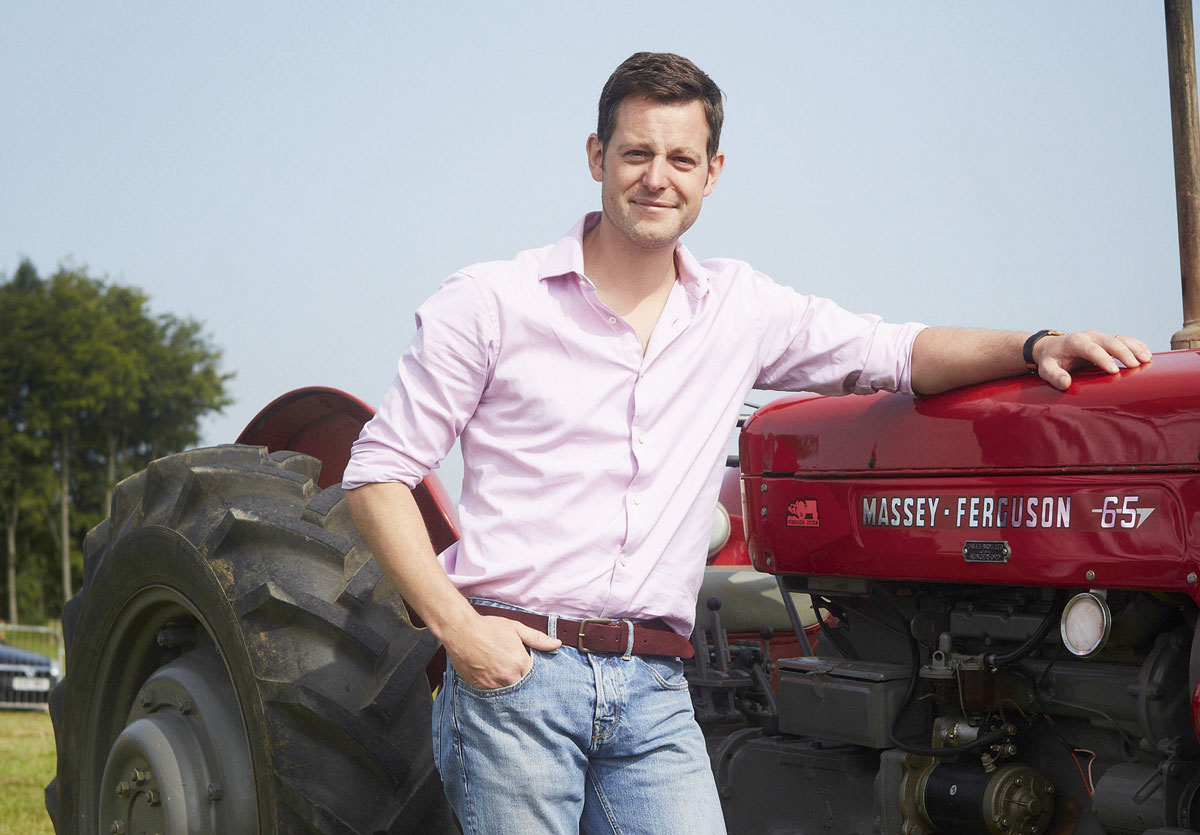
For those who are aware of my gymnastic past, it will come as no surprise that I couldn’t wait for the Olympics to start and, over the past six months on Countryfile, I’ve combined the two loves of my life: world-class sport and the environment. I’ve been impressed with the effort to try to ensure that there is a legacy, not just for sport but for the countryside, long after the athletes, medals, mascots and spectators have gone.
The Environment Agency has been working hard at the 250-acre Olympic Park to create the largest urban park in Europe for 100 years. In the process, two million tonnes of soil had to be washed and decontaminated, and thousands of wetland plants and trees were planted. Local communities and volunteers all did their bit to clean up the rivers, too, ensuring a lasting haven for wildlife and river users.
The Olympics has brought about new areas for wildlife, as well as giving us the benefits of kilometres of new cycleways, better flood defences for thousands of homes in London, plus, of course, the bonus of world-class sporting facilities that we will be able to use for years to come.
Open to the public
Some of the areas that will be hosting Olympic events show the world the best of what our British countryside has to offer, but we’re also left with the legacy of the time and money that have been spent of these areas. For example, Hadleigh Farm in Essex is a working farm that has seen the creation of an Olympic-standard mountain bike course, which will be adapted afterwards for the public to use. As part of the Hadleigh Legacy Project, the existing paths and trails across the country park and farm will be improved for walkers, runners, mountain bike riders and horse riders.
Before the Games began, I had the chance to ride around part of the cycling road race course at Box Hill, in Surrey, with Chris Boardman, cycling gold medallist at the 1992 Games. The area is a stunning example of our British countryside and, as the cycle road race was one of the first events to be transmitted globally, the worldwide audience would not have been disappointed by our rural scenery – and less than 25 miles from the centre of London.
As I found out, making space along the road race course for 15,000 spectators is also helping to manage the environment, with the mowing and shrub cutting encouraging chalk grassland to thrive, which will give rare wildlife a chance to prosper.
Some people may have been sceptical of the Olympics being on British soil, but after all the hard work, the wildlife won’t be complaining.
